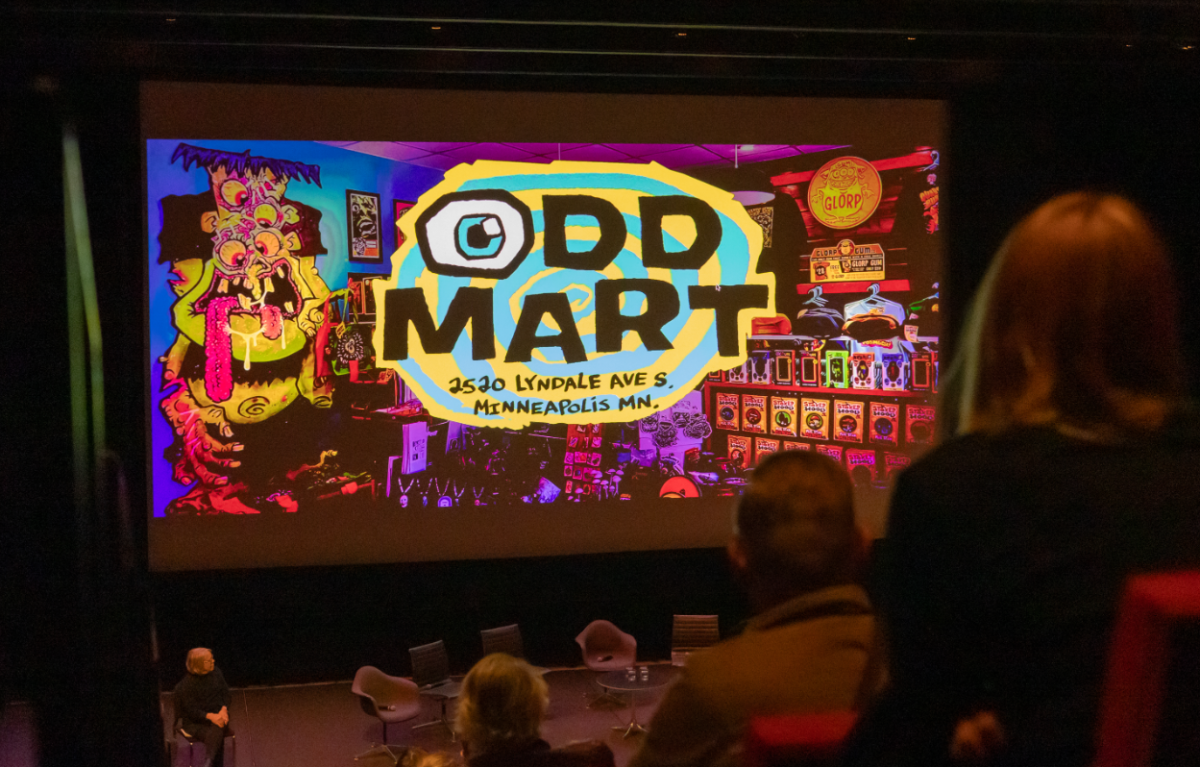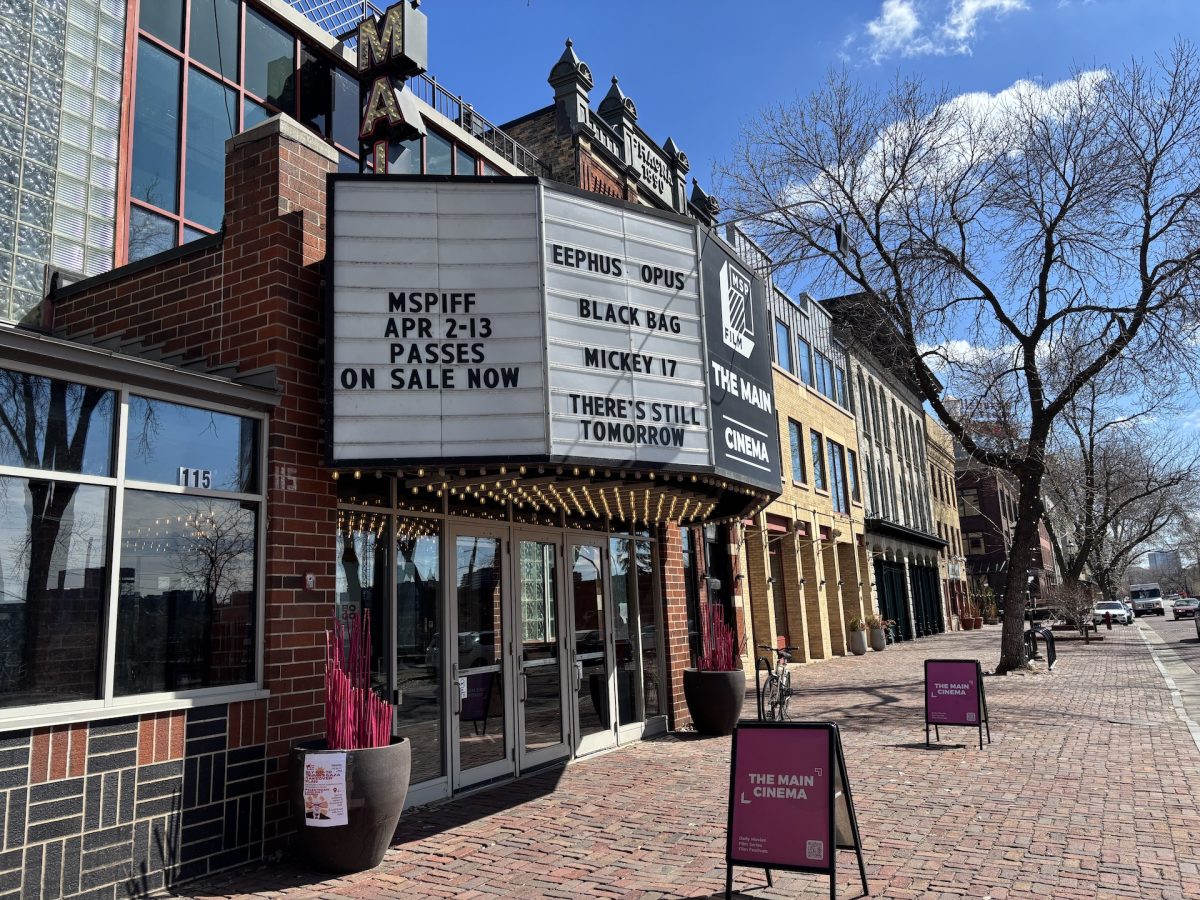Technology might be dividing us more than ever, but that doesn’t mean we have given up on real human contact.
It’s a sad, but true, fact that in this iPod-wearing, instant-messaging, cell-phone-screaming country of isolation, we have lost almost all connection to those around us. It is now easier than ever to walk down the street or even ride the bus and be completely removed from those sitting inches away.
“Me and You and Everyone We Know” is a sometimes humorous and often moving film about how far we have drifted in this direction. The film shows how a small handful of human beings struggles against the digital current to reclaim some sense of humanity.
There are the two teenage girls who use sex as their means of trying to connect with men. There’s also the guy they hit on, who uses cardboard signs full of dirty language as an attempt to prolong this interaction.
Two boys use the Internet to try to break out of their isolated shell. They rarely speak when away from the computer.
One little girl has already given up on connecting with anyone, compiling a dowry that will, as she says, belong one day to her husband and daughter. She, like so many, is banking on a future connection rather than living in the present.
Underneath all this is an astonishing romantic subplot. With minimal words or images, these scenes offer an existential thesis on the notion of romantic relationships and the back-and-forth game that seems to envelop lovers.
Screening as part of the Walker Art Center’s Women with Vision festival, “Me and You and Everyone We Know” represents the most critically acclaimed film of the year directed by a woman.
The romance at its center features a divorced shoe salesman with a severely burnt hand – charred in yet another desperate attempt to forge a connection – and a lonely video artist who works part time as a cab driver to pay the bills.
Two of the film’s three extraordinary sequences involve them, first in a delightfully brief walk down a street. There, director Miranda July, a former performance artist herself, comments on the cyclical and cynical nature of romantic relationships. Second, the performance artist devises a video work to bring to life the illogical dance of intimacy that keeps so many people isolated.
What July has accomplished here is a multitiered essay on life in the United States. Not only about a technological divide and a timid romance seemingly incapable of progressing, the film is also a work of passion threatening to burst at the seams.
These people want connection, they need connection and though they are separated by the computer age, they still struggle to find a way through that boundary to reach those around them.
The third of the great sequences ends with the film’s final shot. Its message is simple: If one day we turned off the computer, left our comfort zone, went outside and waited for just a moment, we might be surprised to find there is indeed still a world waiting to be discovered. And shared.







